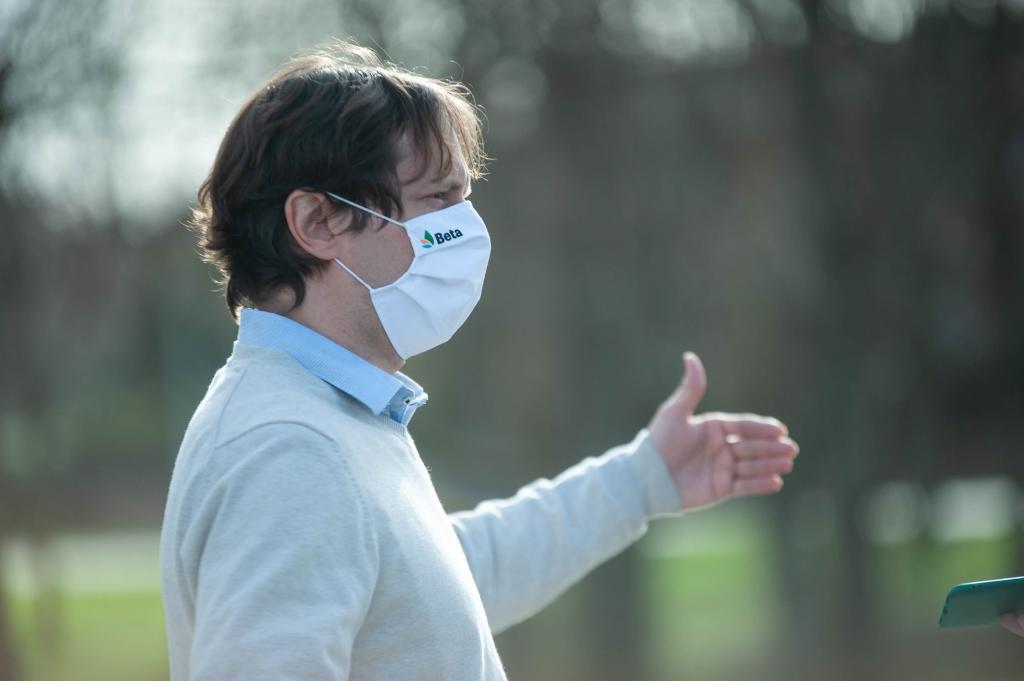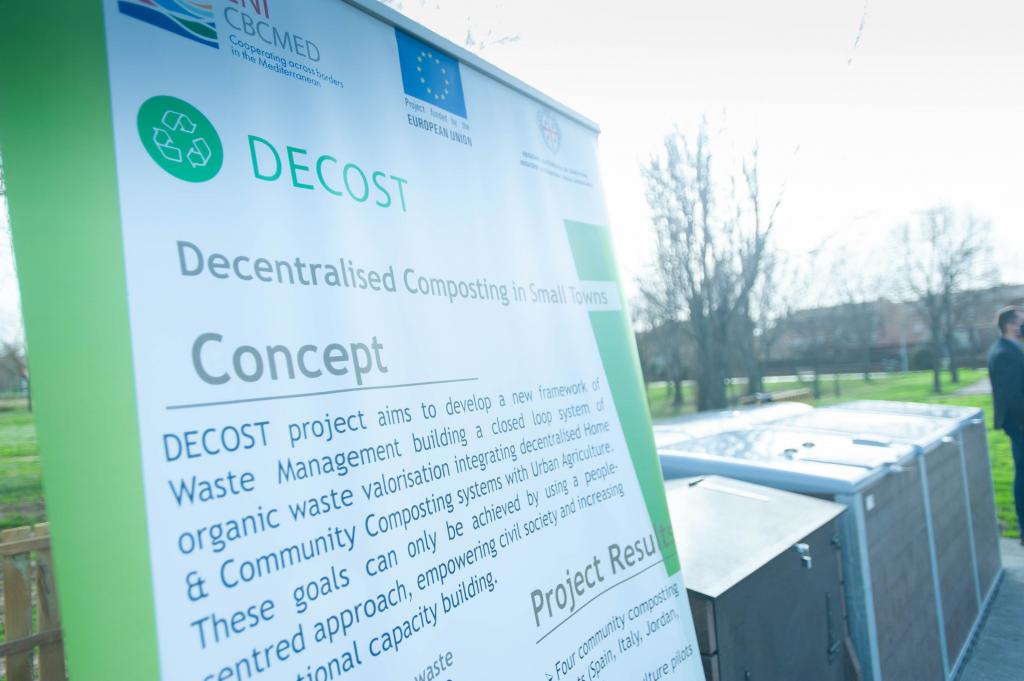DECOST: 120 families to benefit from new community composting system in the city of Vic, Spain
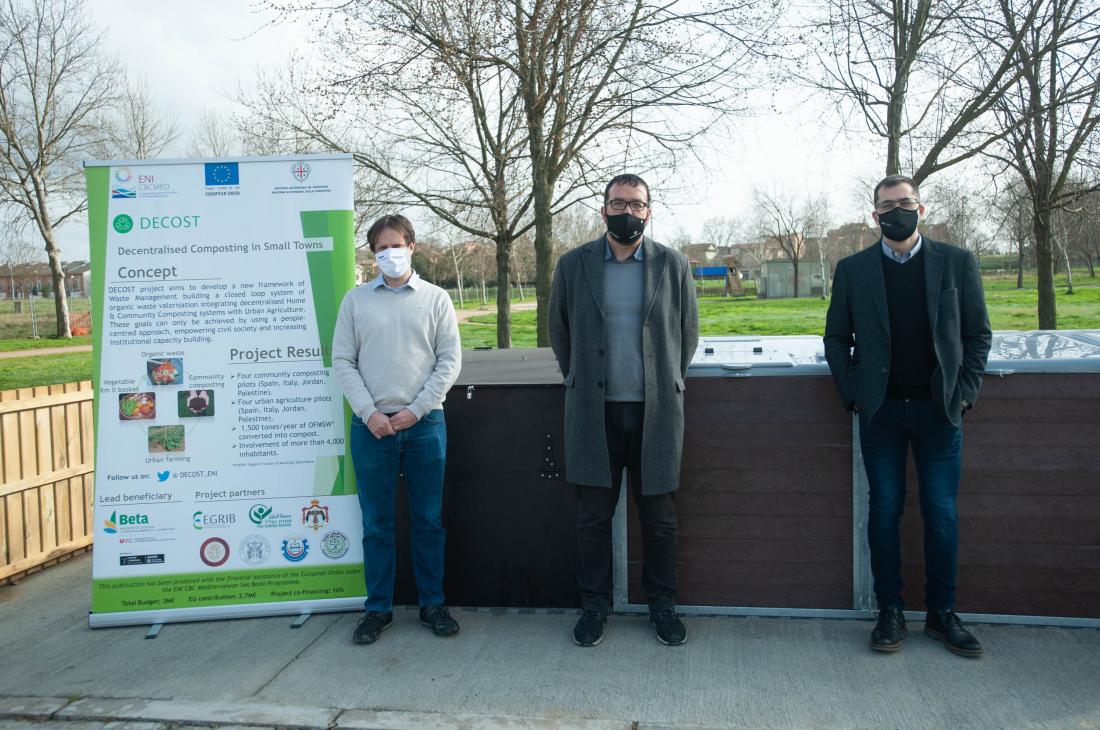
Thanks to the DECOST project the neighbourhoods of Sant Llàtzer and Quatre Estacions, two residential areas of the city of Vic, will host a new pilot test to incorporate Community Composting as a management system for organic waste. This pilot will evaluate the potential of the Community Composting system as an alternative model, and if it's more environmentally and economically sustainable solution than the current system. After the DECOST pilot in the small town of Les Masies de Roda, the experience in Vic will be useful to test if it can be incorporated also in small cities.
120 families will benefit from the project
Joan Colón, DECOST coordinator, explained that the aim of the project is to "promote and develop new organic waste management systems, and implement community composting at a professional level." Colón explained that in the long term, the compost bins, which have magnetic locking mechanisms, will enable the implementation of a payment system based in waste generation, "so that citizens who engage in good management will pay less." According to the DECOST coordinator, the new composting points that have been set up are designed so that around 120 families from the Sant Llàtzer and Quatre Estacions neighbourhoods can take part, and if the pilot test is successful, "the new system will be permanent and integrated in the city waste management model."
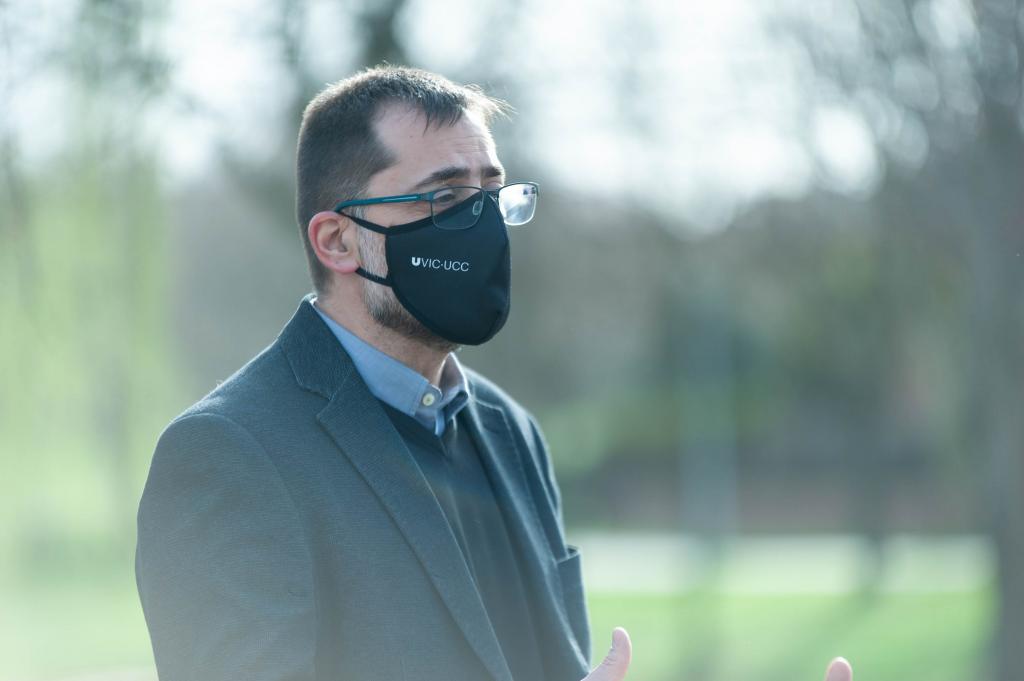
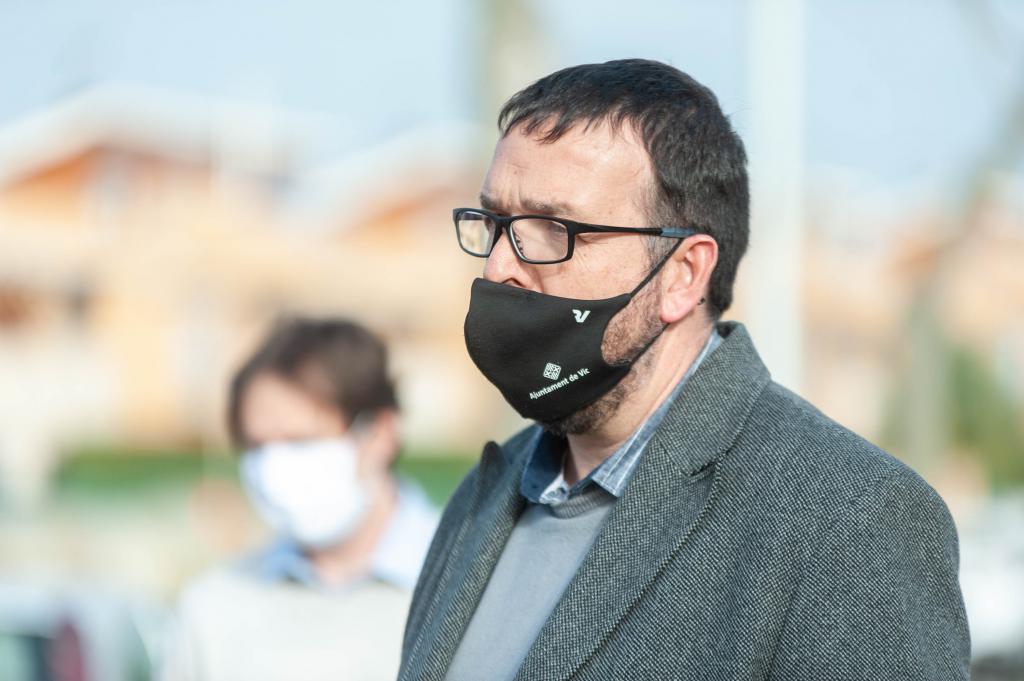
The second pilot test in Osona
This is the second DECOST pilot in the Osona county, in Catalonia, after the first in Les Masies de Roda, where community composting is managing the 100% of the organic waste generated in the village. Joan Colón emphasised that "levels of public participation are very high". After the first months, the total amount of some waste fractions that which used to reach the landfill have been reduced by 75%.
For more information about the DECOST project, please visit its webpage, Twitter and Instagram.










